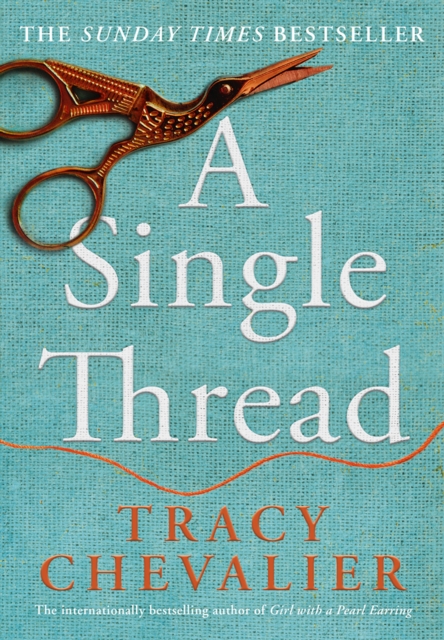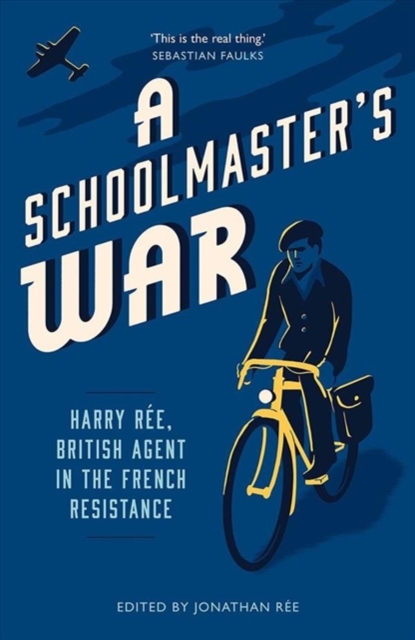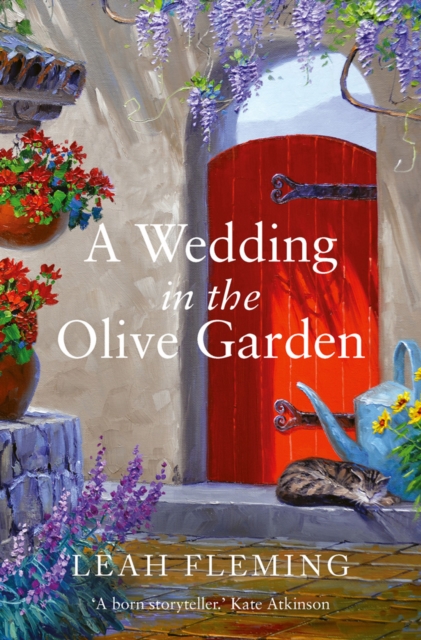There is a school of literary thought that infers that novels with a happy ending are childish and unsatisfactory. This school of thought feels that by creating a resolution where characters find happiness and satisfaction in a future life together, the story is somehow inferior. (Tell that to Charlotte Brontë, Jane Austin, Maeve Binchy or Jilly Cooper!) In this way the genre of romantic fiction has often been relegated to supermarkets shelves as mere chick lit or beach reads, and worst of all, ‘women’s fiction’. But what’s so wrong with a happy ending?
By ‘happy ending’ I don’t just mean “ Reader I married him”, but an ending where a resolution is offered to the conflicts that characters have endured throughout the story; a real conclusion, and not rushed strategies inserted to sort everything out, (like the mediaeval drama’s Deus ex Machina). These endings must be believable, or risk leaving the reader feeling cheated and unsatisfied, and this can happen in even the most literary of novels. Sometimes the denouement may be open ended or hopeful, allowing us to imagine the future lives of the characters carrying on even after the story ends. This is what I aim for when I am writing.
In these lockdown times, I have turned to some old favourites; novels that are familiar and trusted to give comfort. Many of these have happy or hopeful endings. I’m sure that a lot of us have been doing the same. Some of my choices have been Olivia Manning’s Balkan and Levant Trilogy, The Cazalet Chronicles by Elizabeth Jane Howard, The Single Thread by Tracy Chevalier, The House of Glass by Hadley Freeman, plus a biography of one my local heroes, Harry Ree, The Schoolmaster’s War, written by his son, Jonathan Ree.


PD James once addressed the annual awards ceremony of the Romantic Novelists’ Association, saying that romantic fiction, in its fullest meaning, contains the stuff of life and death. It deals with the power of attachment and loss, punishment and reward, riches and poverty. All life is there whether set in the past, present, or future.
The Romantic Novelists’ Association (RNA) celebrates its 60th anniversary this year. It was founded by Vivian Stuart in 1960. Its members have included, Denise Robbins, Barbara Cartland, Mary Stewart, Catherine Cookson, Joanna Trollope, Rosamunde Pilcher, Wilbur Smith, Jessica Stirling, and latterly, Elizabeth Buchan, Lisa Jewell, Katie Fforde, Jojo Moyes, and Milly Johnson.
In the early days, it was a very glamorous organization with balls at the Connaught Hotel, but now it is the go-to professional association for any budding writer who wants to hone their skills. With over 1000 members, it supports writers across a broad spectrum of commercial and women’s fiction, promoting inclusive values and diversity. There are sponsored awards for genres such as romantic comedy, psychological romantic suspense, fantasy, saga, and historical fiction, alongside contemporary and LGBT novels. Many authors sell millions across the world in translation, and where would some publishing houses be without their success?
The RNA also help their members to link up with other writers through Regional Chapters to cope with the rollercoaster highs and lows of publishing life. Many published writers give their time and expertise voluntarily to support new authors with the acclaimed New Writers Scheme, giving them a leg up on the ladder to success.
I am proud to be to have been a member of the RNA for over 25 years. The annual conference gala to celebrate our anniversary has sadly been cancelled but there will be sessions held online in July. Anyone interested in finding out more can do so here: www.romanticnovelistsassociation.org
Leah Fleming’s new novel ‘A Wedding in the Olive Garden’ is due out in paperback in August 2020.
